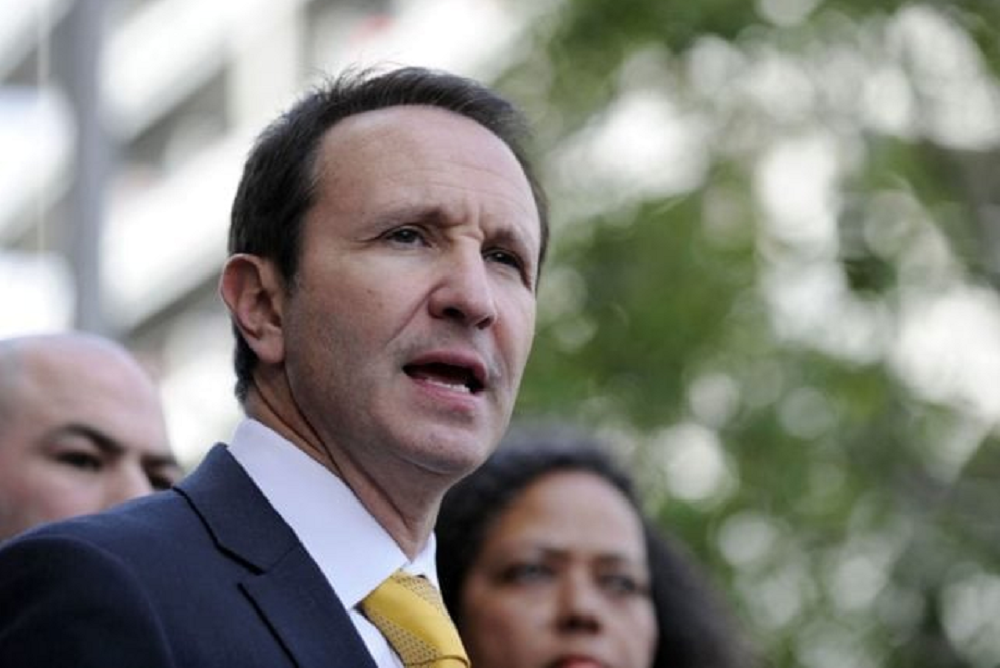A federal judge has granted a motion to add class-action allegations in a case filed by the Louisiana and Missouri attorneys general alleging federal officials colluded with social media companies to deprive Americans of their First Amendment rights.
Judge Terry Doughty of the Western District of Louisiana issued an order on May 5 allowing the amending of the legal complaint to include the class-action allegations. That decision could allow a wider group of people to share in a future damages award should the attorneys general prevail in the lawsuit.
The plaintiffs allege that scores of federal government officials and agencies coerced social media platforms to suppress the plaintiffs’ free-speech rights on COVID-19-related topics and other “disfavored” opinions. The effort to suppress speech affected “thousands, if not millions,” of Americans, according to Louisiana Attorney General Jeff Landry’s office.
“We are one step closer to enabling Americans censored by the federal government, in collusion with Big Tech, to become plaintiffs in our landmark lawsuit,” Landry said in a prepared statement. “(The Western District’s) court action will help plaintiffs represent all Americans who were harmed by this censorship enterprise.”
The Computer & Communications Industry Association (CCIA), a trade group representing tech companies, emphasizes that social media companies have the authority to decide what kinds of content they present on their platforms.
““It is settled law that websites and applications have the right to display or not to display lawful third-party content,” CCIA President Matt Schruers said in a statement emailed to the Louisiana Record. “That is not to say that the government may not address the spread of medical misinformation during a health crisis, however. It may ask a digital service not to display demonstrably false medical findings or advice. The digital service then has the option of how to respond to such a request.”
That choice is something the company is entitled to under the First Amendment, Schruers said. But free speech experts also agree that the First Amendment prohibits government agencies from either suppressing expression or compelling it.
The CCIA has supported legal challenges to recently passed Texas and Florida laws that require social media companies to present content even if it is misinformation and hate speech.
Although Doughty allowed the filing of the class-action complaint, the judge said he has yet to make a decision on the merits of certifying a class action.
